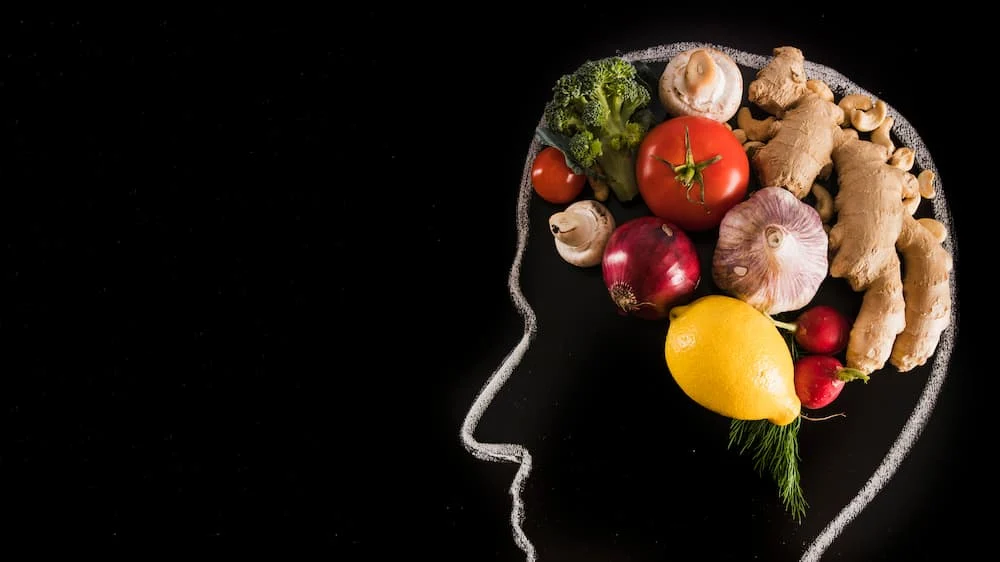We often hear the saying “you are what you eat,” but could your diet also affect your mood, focus, or mental health? Research increasingly suggests that it can. What we eat may influence our brain function and emotional wellbeing—sometimes more than we realise.
Food and Mental Health
Studies have shown that diets high in processed food, sugar, and saturated fats are linked to mental health challenges like depression and ADHD. On the other hand, eating more whole foods like fruits, vegetables, legumes, and fatty fish may help support better mood and focus.
One study found that children who ate more fast food and sugary drinks were more likely to show symptoms of ADHD. But those who followed a Mediterranean-style diet had fewer difficulties with attention and behaviour.
Another study looked at adults with depression. Some received support from a dietitian to eat more nutritious foods, while others received general social support. After three months, nearly one-third of those who improved their diet experienced full remission of their depression, compared to only a small number in the other group.
A Growing Field of Research
These findings are part of a growing area called nutritional psychology. This field explores how food, nutrients, and diet patterns may play a role in both the causes and treatment of mental health conditions. Nutrients like omega-3 fatty acids, for example, are believed to support brain function and emotional balance.
What Can You Do?
While diet is only one part of the mental health picture, small changes can make a big difference. Choosing more nutrient-rich foods and cutting back on highly processed meals could support both your physical and mental wellbeing.
Need Support?
At Prime Path Psychology , we believe in a whole-person approach to mental health. While we don’t offer nutritional counselling, we recognise that lifestyle factors—including diet, sleep, and daily habits—can all influence emotional wellbeing.
Contact us to Book a Consultation:
📞 Phone: (08) 7079 9529
📧 Email: admin@primepathpsychology.com.au
You don’t have to navigate these challenges alone. Our team is here to support you with compassionate care and practical, personalised strategies for lasting change.
References
• Lai, J. S. et al. (2017). Psychiatry Research, 253, 373–382.
• Ríos-Hernández, A. et al. (2017). Pediatrics, 139(2), e20162027.
• Jacka, F. N. et al. (2017). BMC Medicine, 15, Article 23.
• Fristad, M. A., The Ohio State University Wexner Medical Center.

